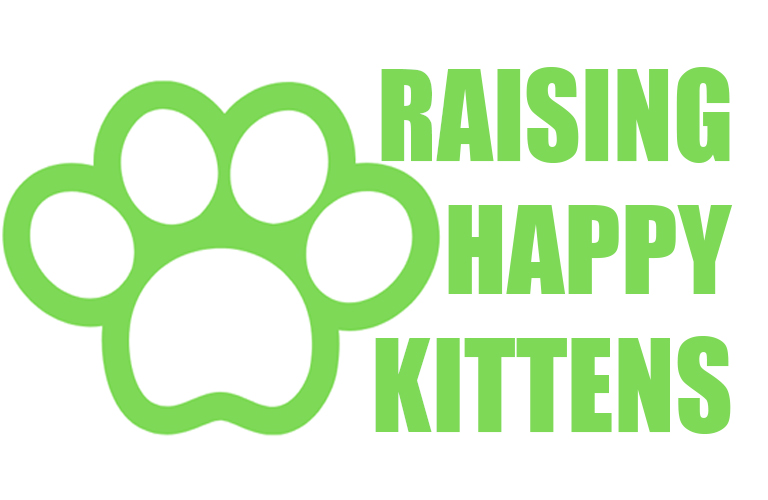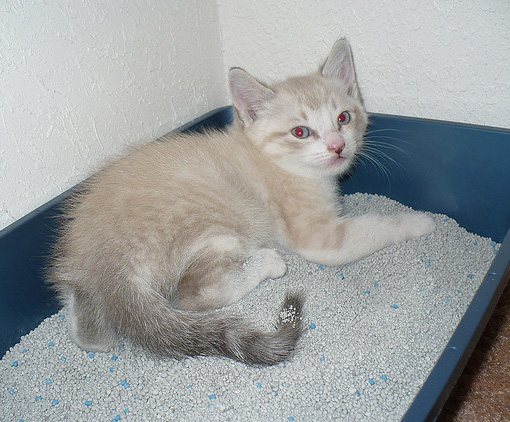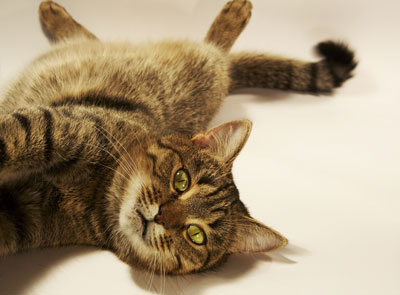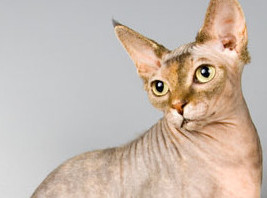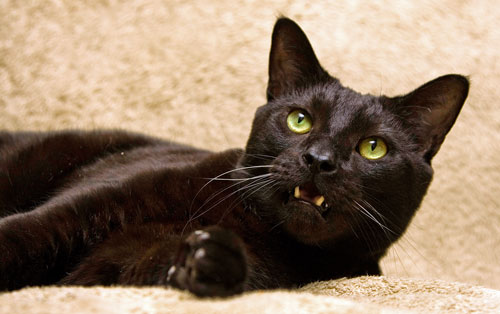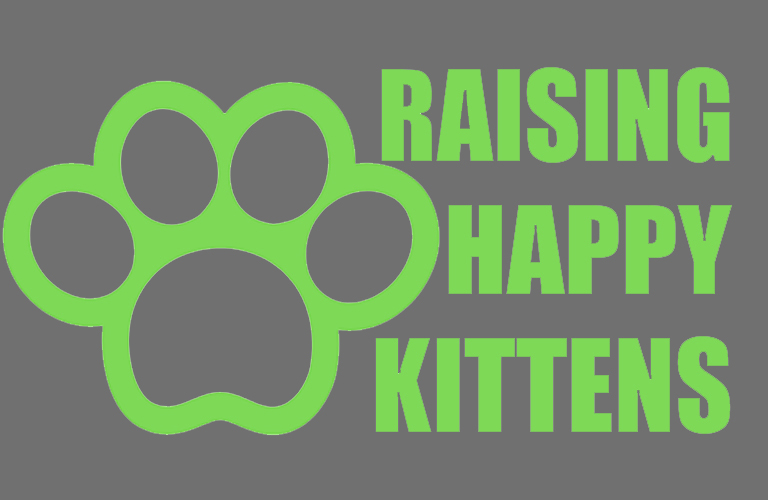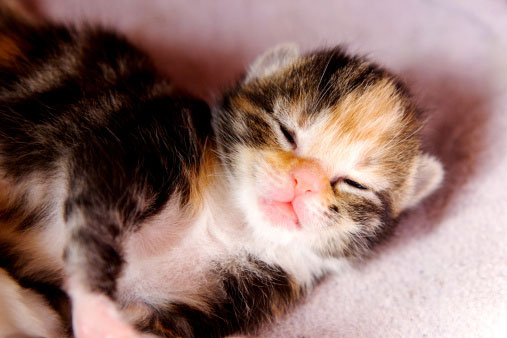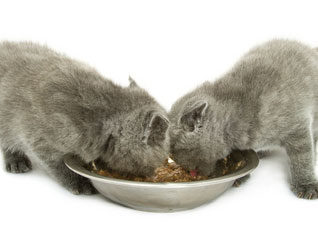Kitten constipation is a common but troublesome affliction that can affect kittens and cats at any age.
Constipated kittens experience the same discomforts that humans do; however, the difference between humans and cats in this situation is that humans are able to communicate their discomfort to others easily, while an empty litter box may be the only clue to indicate your kitten has a problem. Sometimes though, your problem is really obvious. Here are some really easy ways to determine if you are dealing with a constipated kitten:
- Straining While Using the Litter Box: Unlike diarrhea, where the kitten is unable to control its bowel movements, a constipated kitten will often strain to attempt to evacuate his bowels.
- Hard or Blood-Stained Stools: If your kitten has hard stools or has blood in his stool, that could be a sign of kitten constipation. The blood is a result of straining and the hardness of the stool is often a sign of dehydration.
- Refusing to Eat: If your kitten is refusing to eat, it may not be because he is being fussy. He could have constipation. However, if your kitten is refusing to eat, it also could be something more severe than kitten constipation. If this is happening, you should call the vet.
- Poor Skin and Dull Fur: When you’re not feeling good, you probably aren’t looking your best. While kittens are meticulous about their appearance, a constipated kitten will more than likely prefer to sleep rather than bathe.
Causes of Kitten Constipation
You’ve given your new kitten everything he would ever want. But even with the best food in his tummy, you may still become an owner of a constipated kitten. Here are some of the causes of kitten constipation:
- Change in their Environment: Kittens’ immune systems are very delicate, so when they get exposed to a new environment, it may take them a couple days to acclimate.
- Change in Food: Suddenly switching to a new food can cause a kitten to become either constipated or to have diarrhea. If you need to change your kitten’s food, try switching over gradually from the old to the new.
- Foreign Objects: Kittens can be like young children; even though you keep your eye on them, there will be times when they decide to eat things that they’re not supposed to. Consult a vet if you think your kitten has swallowed something dangerous.
- Lack of Exercise: Kittens are usually bundles of energy, but if your kitten has been sick or lethargic for any reason, then the lack of activity may halt his digestive system and he can develop constipation.
- Poor Diet: Sure, we all love giving our kittens treats. But if you give your new kitten too many treats or people food, especially dairy products, you may end up with a kitten constipation problem.
- Dehydration: Cats and kittens need access to plenty of water, especially if they are eating dry kibble. Water helps their digestive tract operate properly for regular bowel movements.
Treating Kitten Constipation
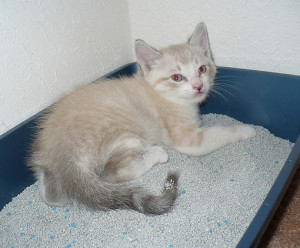 Even though our digestive systems differ, a constipated kitten and a human pretty much have similar ways of alleviating themselves.
Even though our digestive systems differ, a constipated kitten and a human pretty much have similar ways of alleviating themselves.
Some of the best remedies are already in your home or can be found in your grocery store. The following can help you treat kitten constipation:
- Pumpkin Puree: If you go into the baking area of the grocery store and pick up some canned pumpkin, you will have in your hands a miracle for kitten digestion. (Make sure it is pure pumpkin, and not pumpkin pie filling.)By adding 1 teaspoon to your kitten’s food, it will help with constipation by adding fiber and will also solidify diarrhea.
- Hydration: While some kittens will drink from water dishes, some cats can be notorious for refusing to drink water. There are other ways to smuggle water into your constipated kitten’s diet.One of the best ways to get your kitten to drink is to put it into your kitten’s food. You can either add water to kibble, or offer wet food.
- Exercise: While you may have come home from a hard day at work, kittens are little balls of energy. Reward yourself and dedicate some time to play with your kitten.Not only will the activity help “move things along” in his belly, but will have the added benefit of developing the bond between you and your kitten.
Photo courtesy abbamouse via Creative Commons
